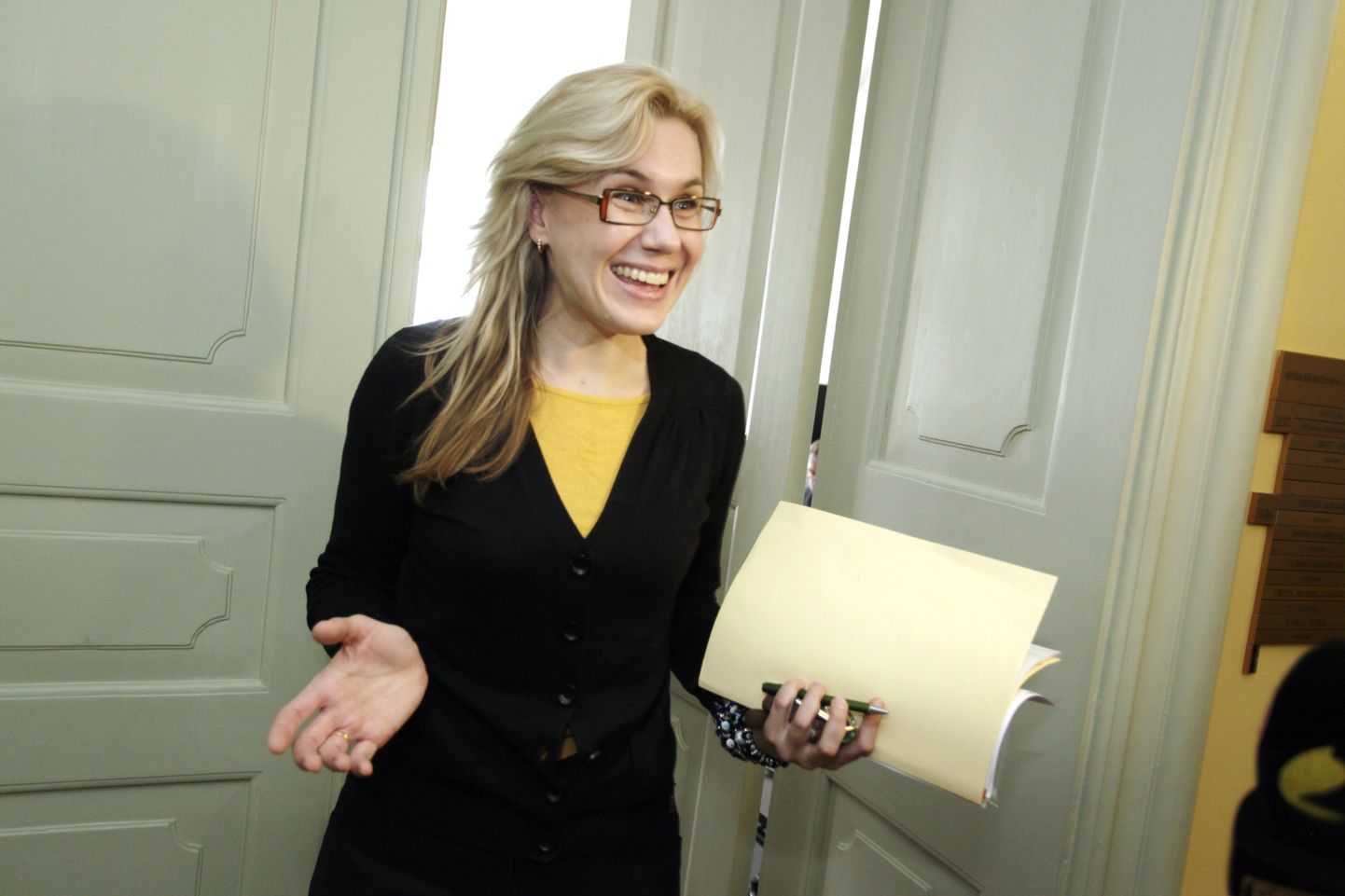
Kadri Simson, chairwoman of the parliament's Center Party faction, finds that the rise in the Center Party to the most popular party in Estonia was the fatigue of the present coalition and the free public transport that was launched in Tallinn.

Kadri Simson, chairwoman of the parliament's Center Party faction, finds that the rise in the Center Party to the most popular party in Estonia was the fatigue of the present coalition and the free public transport that was launched in Tallinn.
In her comment to the popularity rating of the Estonian parties released on Friday, Simson said that the Center Party had helped improve the people's daily coping, contracting their public transport costs, referring to the free public transport project that was launched on the initiative of Tallinn's centrist power.
"Apparently the Estonians have become tired to hear from the mouths of Ansip and Ligi how well Estonia was doing and that it was only necessary to wait until this welfare arrived at the people. The people see that the rhetoric of the government and actual life do not coincide," Simson said.
She added that very likely the fall in the government's rating was due to its inaction in the alleviation of the price rise of electricity and the Center Party activity in suggesting solutions for its alleviation
The Center Party became the most popular party in Estonia in January, it appears from the TNS Emor poll of nearly 900 respondents, the ERR news portal reported.
If the elections were to take place tomorrow, 28 percent of the electors would give their votes to the Center Party. The Center Party was the only parliamentary party that managed to increase its support by as much as four percentage points,.
The second party by popularityy was the Social Democratic Party with 27 percent and its rating fell by one percentage points during the month.
The rating of both the coalition parties fell by two percentage points in January. The Reform Party was supported by 20 percent of the electors in January and the Pro Patria and Res Publica Union by 16 percent of the respondents.
Of parties not represented in the parliament the Greens climbed to the electoral threshold of 5 percent. The Conservative People's Party, set up on the basis of the People's Union, was supported by two percent of the respondents.
Emor interviewed 899 election age citizens at the commission of the National Broadcasting Company, ERR. Emor only presents data of the electors who have a party preference. In January the percentage of unable to say respondents was 38 percent.